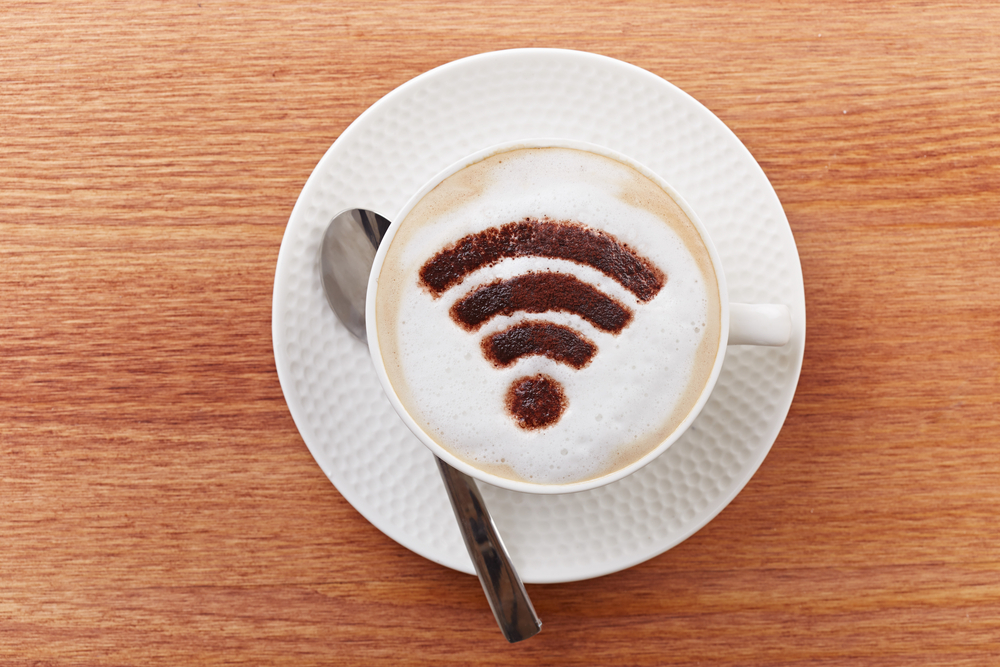Google has responded to the Information Commissioner after the UK data protection watchdog reopened its investigation into Google’s Street View WiFi payload data collection.
In a letter to Steve Eckersly, the ICO’s head of enforcement, published in full by the Telegraph, Google insisted that no-one besides the original "rogue" engineer knew that its Street View camera cards were collecting payload data (the contents of packets, rather than just the identifying headers) from home WiFi networks in the UK.
The ICO was prompted to reopen its investigation into Google after a probe by the US FCC found that a number of people besides ‘Engineer Doe’, as the rogue employee is known, had known about the offending code.
Interesting Links
"Engineer Doe specifically told two engineers working on the project, including a senior manager, about collecting payload data," the FCC report said, adding that at least five other engineers had some contact with the code, including one who went through it "line by line to remove syntax errors and bugs".
The FCC’s report was based on Google’s own testimony. However, in its letter to the ICO, Google says that all the employees involved have "signed a declaration under oath, confirming that each didn’t learn about the payload collection until May 2010", when the company admitted to collecting the data.
The ICO had asked Google to reveal the nature of the personal data collected by the Street View programme. Unfortunately, the ICO had already requested that Google destroy all payload data collected through its Street View programme back in 2010. Google says the data was destroyed in December 2010.
Google quoted the mintues of an audit meeting in 2010, in which the ICO discussed the contents of a hard drive containing data harvested by the Street View cars in the East of England region.
"Approximately 0.0131% of the data stored on the hard drive was Wi-Fi data," the minutes read, "the remainder of the data consisting primarily of Street View images and related data which occupies the majority of the space on the hard drive.
Interesting Links
"Approximately 1.5% of the Wi-Fi data was payload data (as opposed to network data such as SSIDs, etc)."
Google said that ICO had inspected a total of 700GB of data, meaning that the total amount of payload data captured was just 1.4MB.







